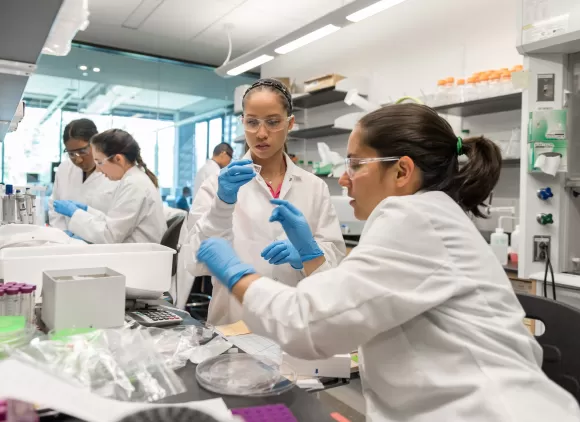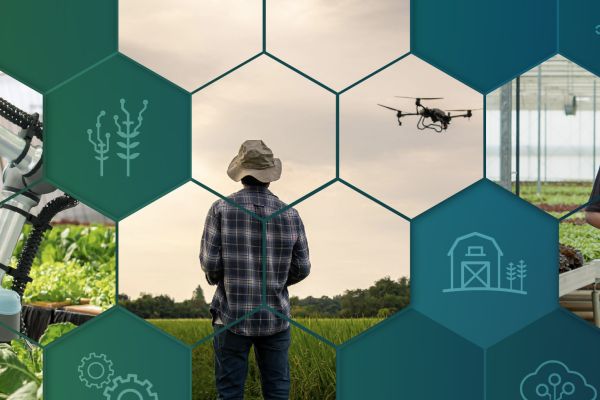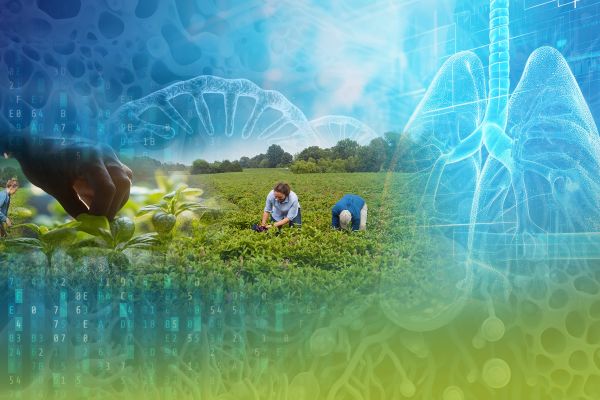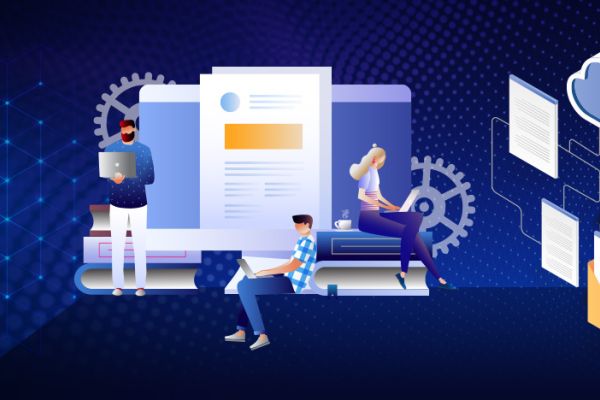We cultivate partnerships between academia, industry, nonprofits, government, civil society and other sectors so they can pursue transformative research, solve societal problems, fuel economic progress and build a future-ready workforce.
Whether it's exploring the universe, studying how to respond to natural disasters, developing clean energy technologies, or pushing the envelope in artificial intelligence, NSF-supported partnerships advance discovery and innovation in critical areas of science and engineering.
While NSF encourages collaboration between researchers across almost all our funding opportunities, some of our programs explicitly fund partnerships, especially those between universities and other organizations.
You can explore many of these programs on this page, or visit NSF's Funding Search to explore all partnership opportunities.
 On this page
On this page
This page focuses on NSF programs that encourage researchers to partner with industry, nonprofits and other organizations.
Visit the Partnering with NSF page to learn about working directly with NSF to invest in programs that support research and education.
Establishing world-class research centers
We support interdisciplinary research centers that pursue potentially transformative research across science and engineering.
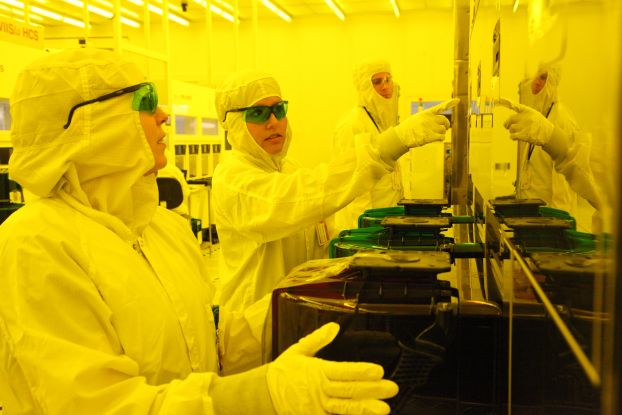
NSF's Engineering Research Centers program supports high-risk, high-payoff research focused on advancing engineered systems technology and education through cross-sector partnerships.
NSF's Industry-University Cooperative Research Centers program catalyzes breakthrough pre-competitive research by enabling close and sustained engagement between industry innovators, world-class academic teams and government agencies.
NSF's Materials Research Science and Engineering Centers program supports university-based centers that collaborate with industry and other sectors on multidisciplinary materials research and education.
NSF's Science and Technology Centers conduct world-class research through partnerships among academic institutions, national laboratories, industrial organizations and other entities, both domestically and internationally.
Moving ideas from the lab to society
We support partnerships between researchers, practitioners and innovators to pursue translational research and technology development.
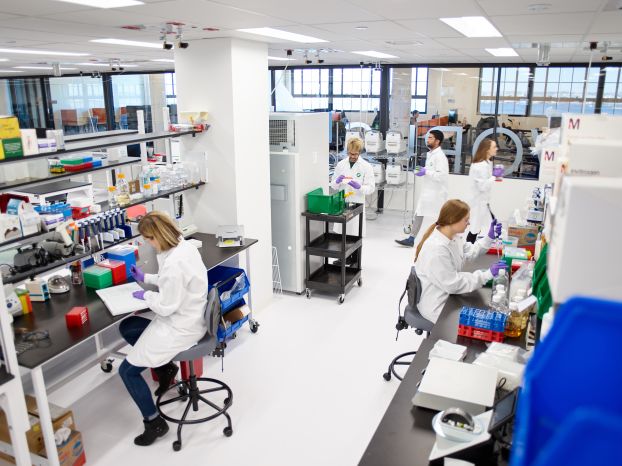
NSF's Accelerating Research Translation program supports institutions of higher education that seek to build capacity and infrastructure for translation of fundamental academic research into tangible solutions that benefit the public and society.
America's Seed Fund powered by NSF supports startups performing early-stage research and development. It funds partnerships between startups and academic organizations through its Small Business Technology Transfer (STTR) program, and partnerships between startups and industry and investors through its Technology Enhancement for Commercial Partnerships supplements.
NSF's Convergence Accelerator funds transdisciplinary teams of researchers, innovators and other partners from academia, industry, nonprofits, government, civil society and other sectors to co-design and co-create technology advances that solve societal and economic challenges.
NSF's Grant Opportunities for Academic Liaison with Industry (GOALI) supports research that addresses shared interests by academic researchers and industrial partners.
You can submit a GOALI proposal in conjunction with a regular proposal you're submitting to an NSF program, as an unsolicited proposal, or as a supplemental funding request for an existing NSF-funded award.
With GOALI funding, NSF is especially interested in supporting:
- Interdisciplinary university–industry teams to conduct collaborative research.
- Faculty, postdoctoral scholars and students to conduct research and gain experience in an industry setting.
- Industry scientists and engineers to bring industry perspectives and integrative skills to university settings.
If you're interested in submitting a GOALI proposal, contact the program officer listed on the relevant funding opportunity before you submit.
NSF's I-Corps™️ Teams program supports researchers interested in entrepreneurial education and mentoring, with the goal of reducing the time it takes to bring technologies from the laboratory to the marketplace.
The I-Corps™️ Hubs program supports consortia of eight or more institutions spanning a distinct geographic region that collaborate to provide entrepreneurial training to members of the scientific community.
NSF's Partnerships for Innovation program supports NSF-funded researchers to cultivate partnerships with industry that accelerate the translation of research discoveries into innovative technologies.
Fostering international collaboration
We support international partnerships that are essential for addressing critical societal challenges and building fundamental knowledge.

NSF's AccelNet program supports the creation of international research networks that engage in innovative collaborative activities.
NSF's Global Centers program supports collaborative international centers for use-inspired research on climate change and clean energy, in partnership with funding agencies in Australia, Canada and the United Kingdom.
NSF's Partnerships for International Research and Education program supports the creation of multi-stakeholder and international partnerships needed to address critical societal challenges.
Enabling regional capacity building
We support coalitions of academic institutions, nonprofits, for-profits, civil society, government entities and others to galvanize regional capacity for research, technology and workforce development across the U.S.
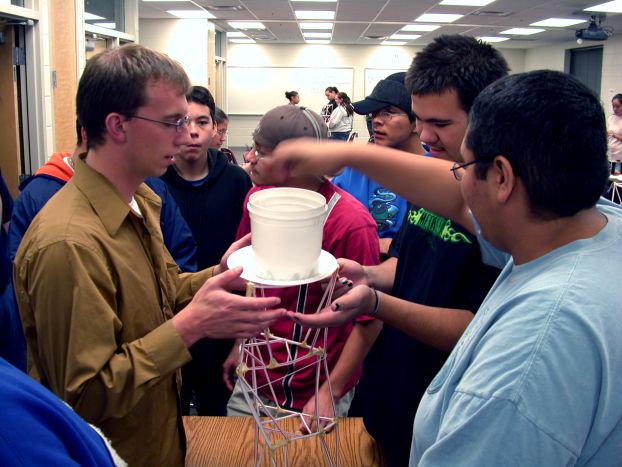
NSF's Enabling Partnerships to Increase Innovation Capacity program supports capacity-building efforts at institutions of higher education with limited research capacity — enabling them to partner with other organizations to accelerate use-inspired and translational research as part of broader innovation ecosystems.
NSF EPSCoR facilitates the establishment of partnerships among academic institutions and organizations in governmental, nonprofit, and commercial or industrial sectors in jurisdictions that have historically received less federal R&D funding.
NSF's Regional Innovation Engines program is a bold new initiative aimed at significantly expanding the nation's innovation capacity by investing in key areas of national interest and economic promise in every region of the United States.
The NSF Engines program supports coalitions of academic institutions, nonprofits, for-profits, government entities, civil society and others to create regional "innovation ecosystems" — galvanizing use-inspired research, technology translation and workforce development.
Improving education and workforce development
We support partnerships between K-12 schools, community and technical colleges, universities, industry and others to improve the education and training of America's 21st century workforce.

NSF's Advanced Technological Education program supports partnerships between two-year institutions of higher education, other academic institutions, industry and other entities to improve the education of technicians in science and engineering.
NSF's CSforAll program supports partnerships and research that helps equip high school teachers to teach computer science, K-8 teachers to incorporate computer science and computational thinking in their classes, and school districts to create computing pathways across all grades.
NSF's ExLENT program supports inclusive experiential learning opportunities that provide cohorts of diverse learners with the skills needed to pivot into and succeed in emerging technology fields.
NSF's ITEST program supports applied research and development focused on increasing preK-12 students' interest in careers in information and communication technology and STEM through technology-based learning experiences.
The VITAL Prize Challenge supports interdisciplinary teams from academia and the private sector to create innovative and translational K-12 learning technologies that synthesize recent discoveries in science and engineering with educational and training processes.
Pursuing community-driven research
We support translational research that addresses social, economic and environmental challenges faced by communities.
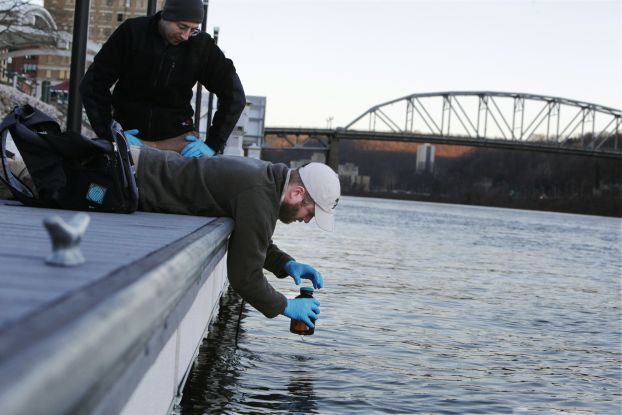
NSF's Civic Innovation Challenge supports planning and implementation of community-university partnerships for significant near-term impacts in one of two focus areas: building climate-resilient communities and bridging the gap between essential resources and services and community needs.
Through its Arctic Research Opportunities program, NSF encourages proposals for research, research coordination networks and conferences focused on enriching collaboration and the sharing of knowledge between Arctic residents and NSF-funded researchers.
NSF's Partnership to Advance Conservation Science and Practice program supports integrated partnerships between academic researchers and conservation practitioners for transdisciplinary, goal-directed research that advances conservation efforts and conservation science.
NSF's Smart and Connected Communities program supports use-inspired research that addresses communities' social, economic and environmental challenges.
Additional resources
Directorate for Technology, Innovation and Partnerships
TIP advances critical and emerging technologies, accelerates use-inspired and translational research, and empowers all Americans to participate in the U.S. research and innovation enterprise.
Office of International Science and Engineering
OISE promotes the U.S. research community's access to international knowledge, infrastructure and capabilities.
Partnership Landscape Study
This study outlines the foundation's existing partnership landscape, provides noteworthy examples and observations, and identifies the key steps NSF is taking to grow its future capacity for partnerships.
Partnering with NSF
Learn how NSF directly partners with federal agencies, industry, foundations, nonprofits and international organizations to invest in research and training.



